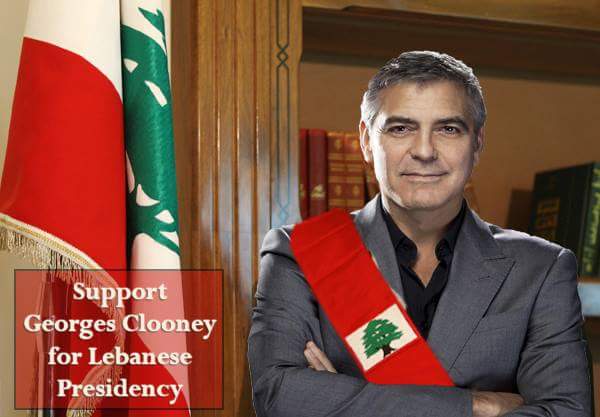Hat off #Nigeria for ratifying the Convention 190 of the ILO on #violence and #harassment at work .
#RatifyC190 was the campaign we led this summer with various African representatives from diverse countries. Various representatives from African countries participated to the symposium, on violence and harassment at work.
The symposium about the Convention Nbr 190 and recommendation Nbr 206 of ILO, that I was glad to facilitate and participate in while giving multiple sessions.
The Nigerian colleagues did great while advocating for the ratification and being able to do so in November 2022, increasing the numbers of states that joined the convention to 22!
Let’s cross fingers for Lebanon to join the fight! #C190, as well as other countries.
Tres contente, enfin le #Nigeria a ratifie la convention190 de l’OIT sur la violence et le harcelement au travail.
En ete nous avons mene avec des representants.es. de plusieurs organisations gouvernmentales, syndicales, non gouvernementales une action de plaidoyer pour faire connaitre la convention et la recommandation numero 206 de l’OIT. Avec les participants.es une campagne en ligne a ete menee aussi pour faire connaitre la Convention et demander sa ratification par les pays de l’Afrique de l’Ouest. Fiere d’avoir participer au symposium, un grand merci aux responsables de l’OIT pour leur confiance.
Maintenant que le Nigeria a ratifie la Convention C190, c’est autour d’autres Etats de le faire. La campagne et les efforts de plaidoyer doivent continuer. Les magnifiques et dynamiques participants.es au symposium, je suis sure, vont continuer leurs efforts, prete pour toute aide pour mener les campagnes de plaidoyer et de lobbying direct a bien!
Rita Chemaly


#C190 #16DAYS #RATIFYC190 #ILO #EndGBV #GBV #VAW
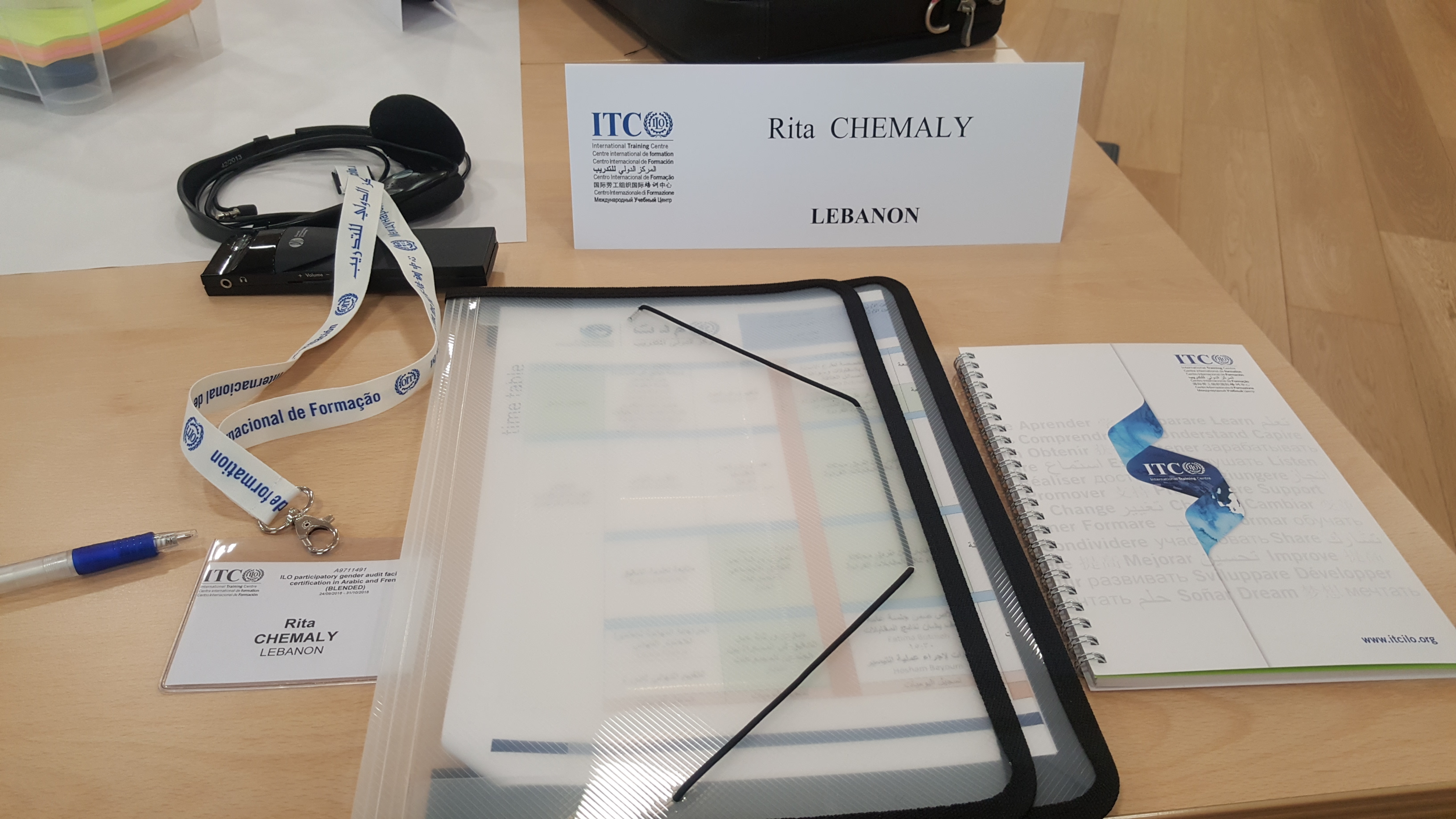

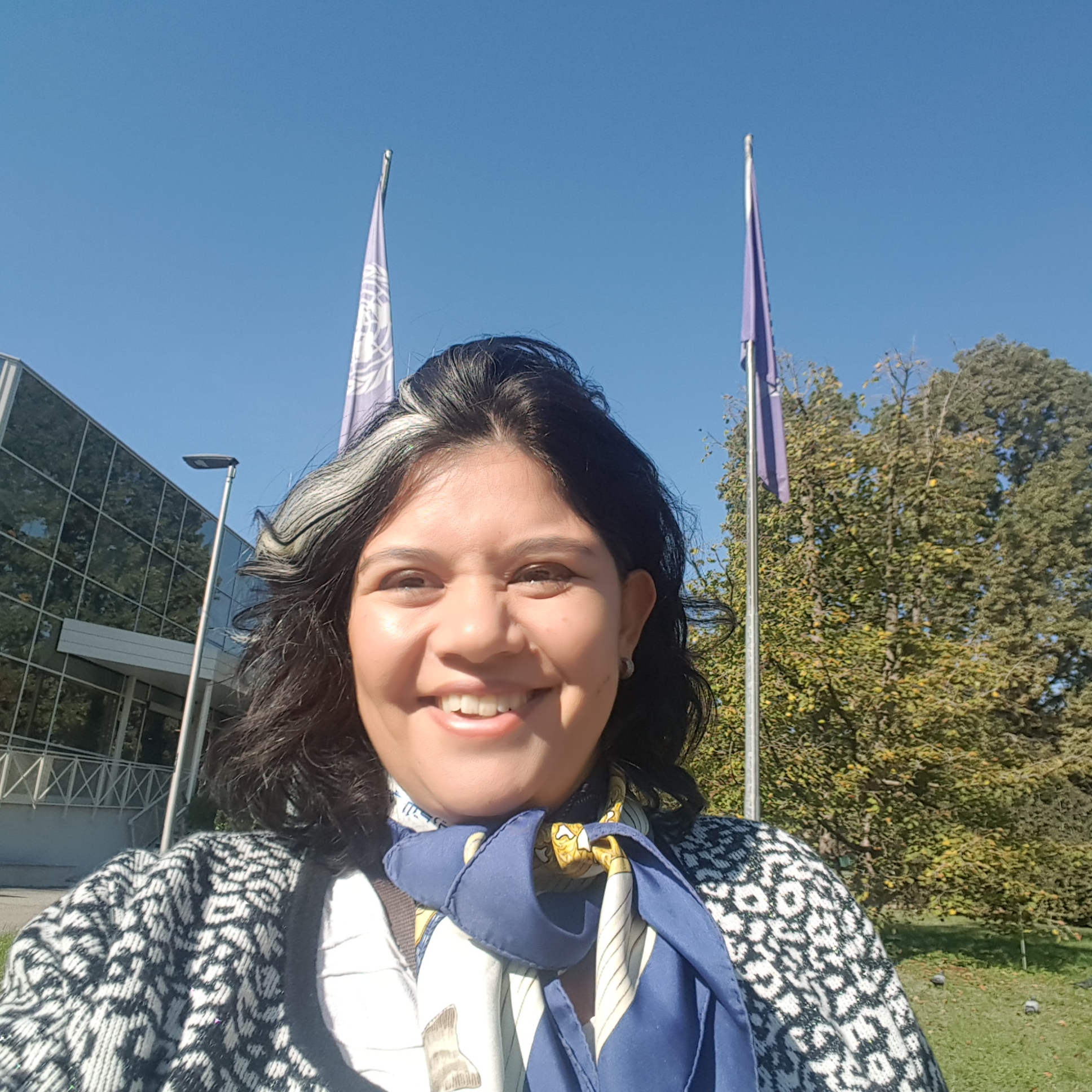

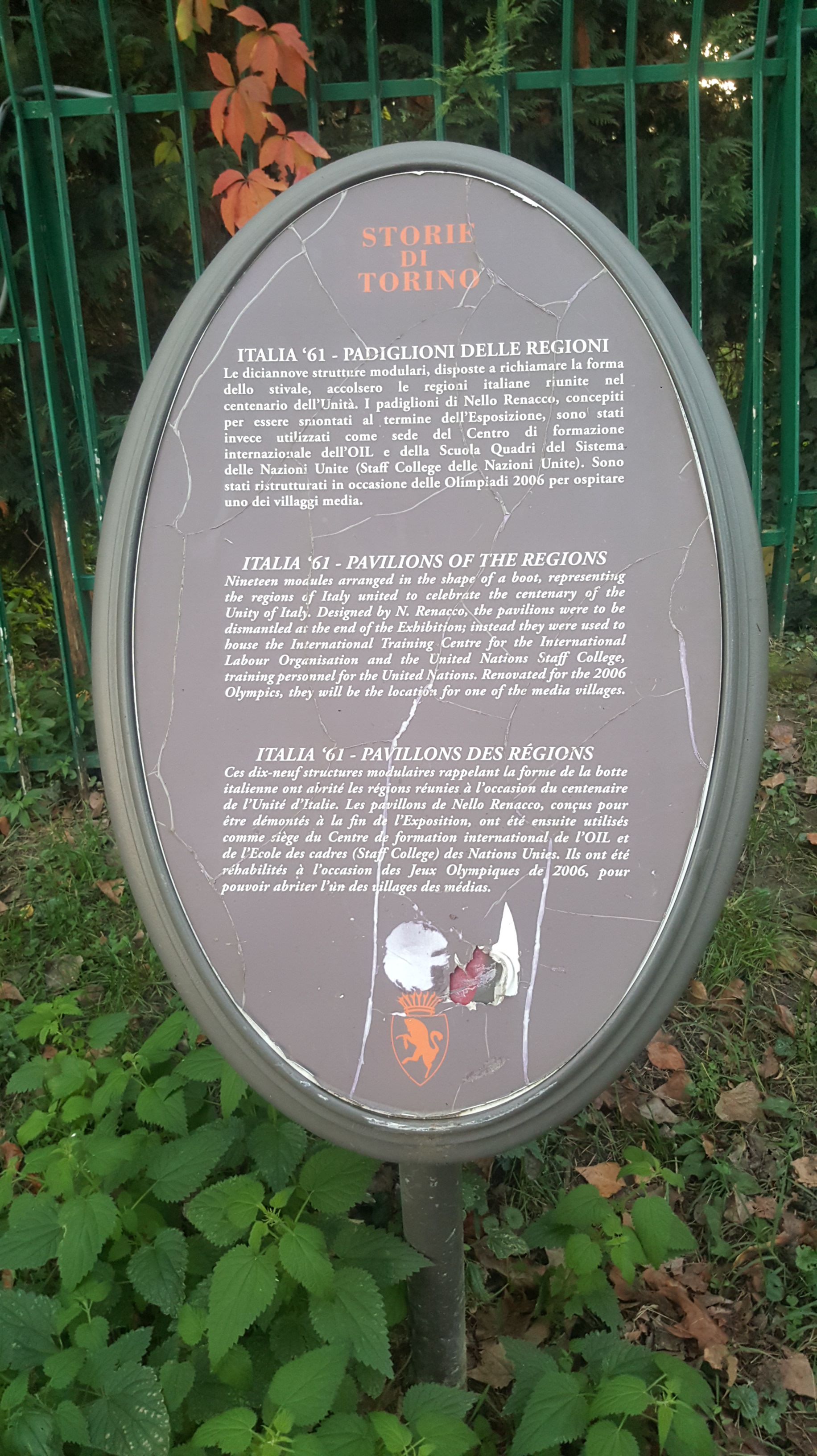
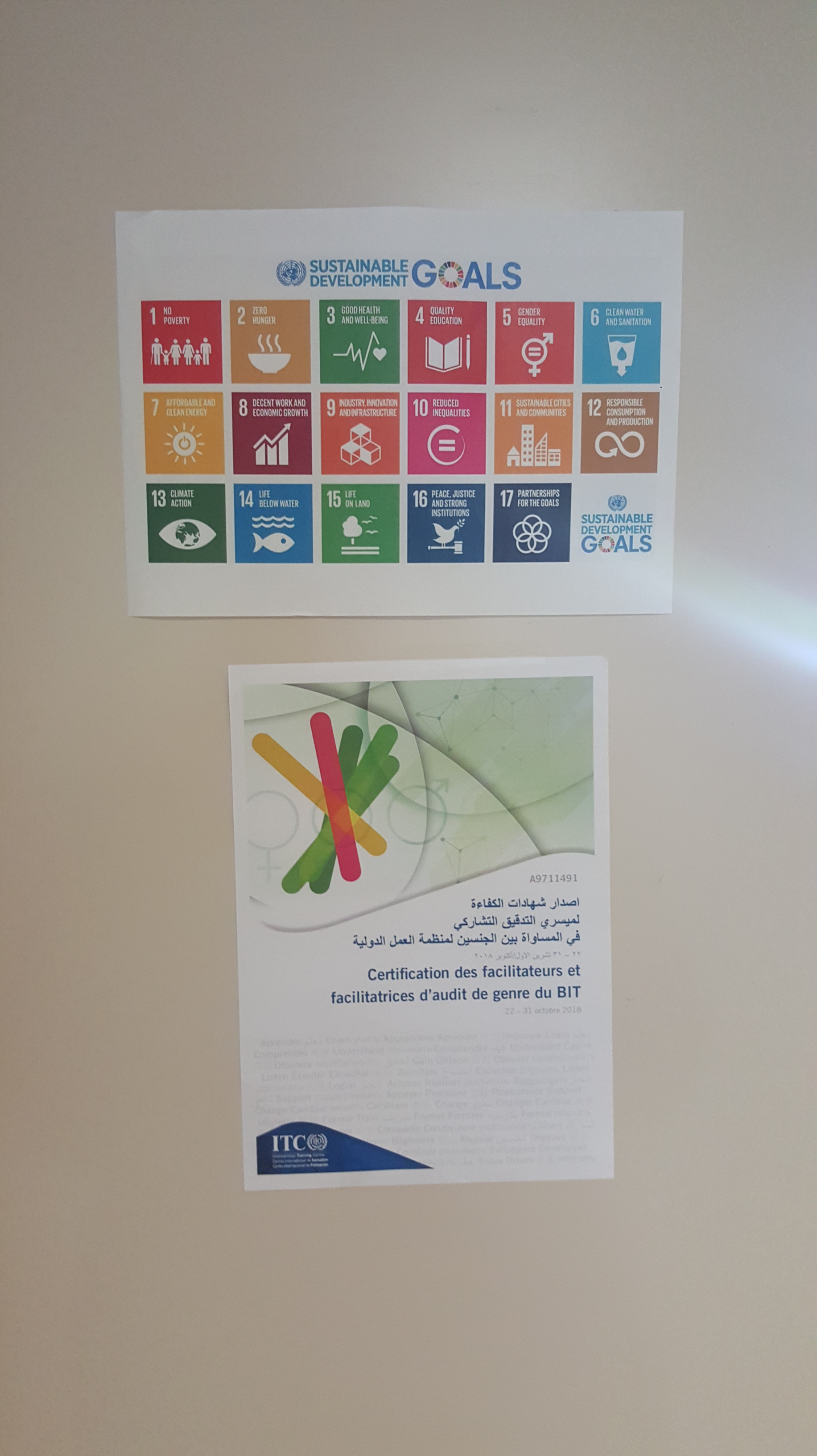
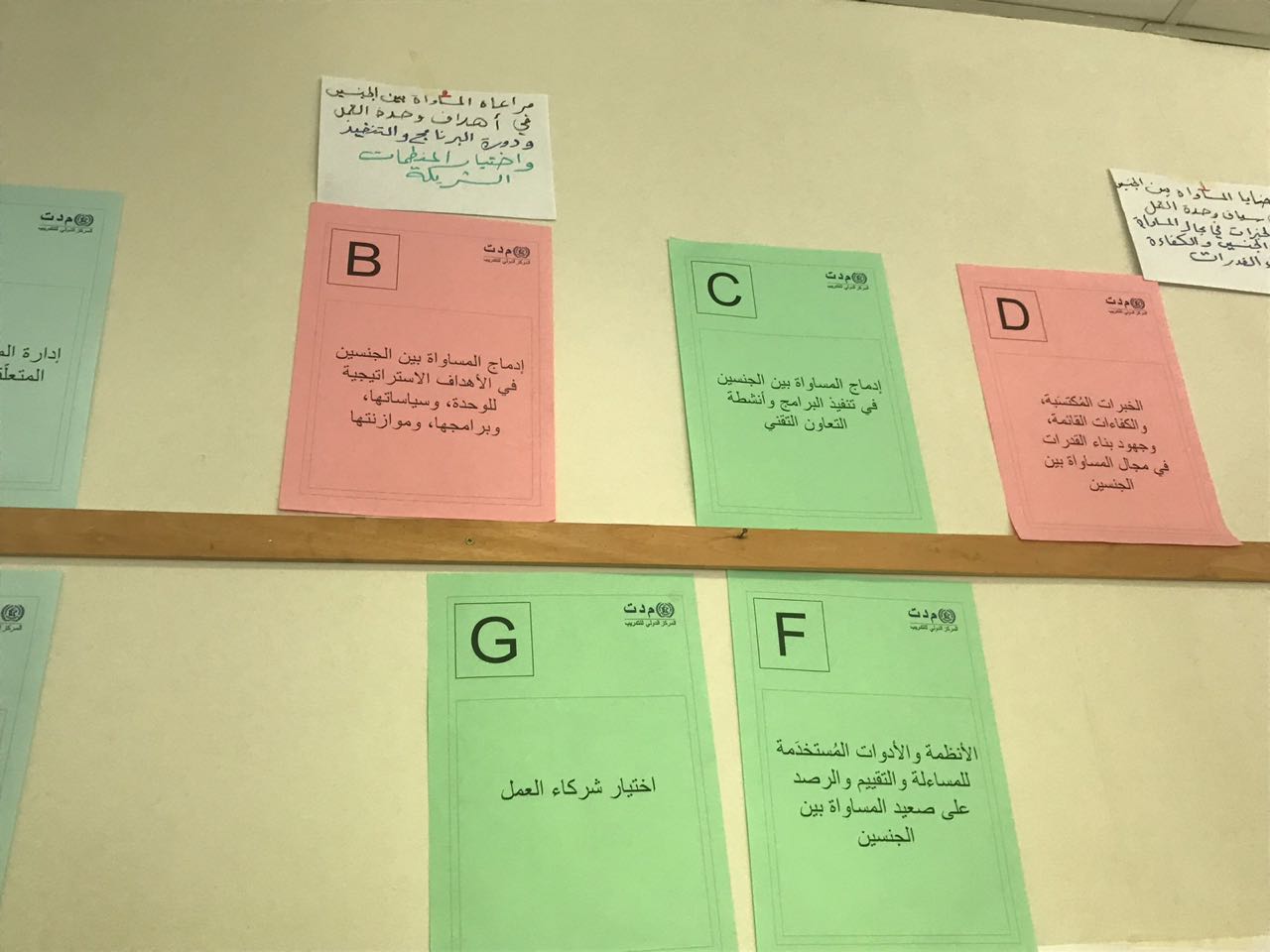



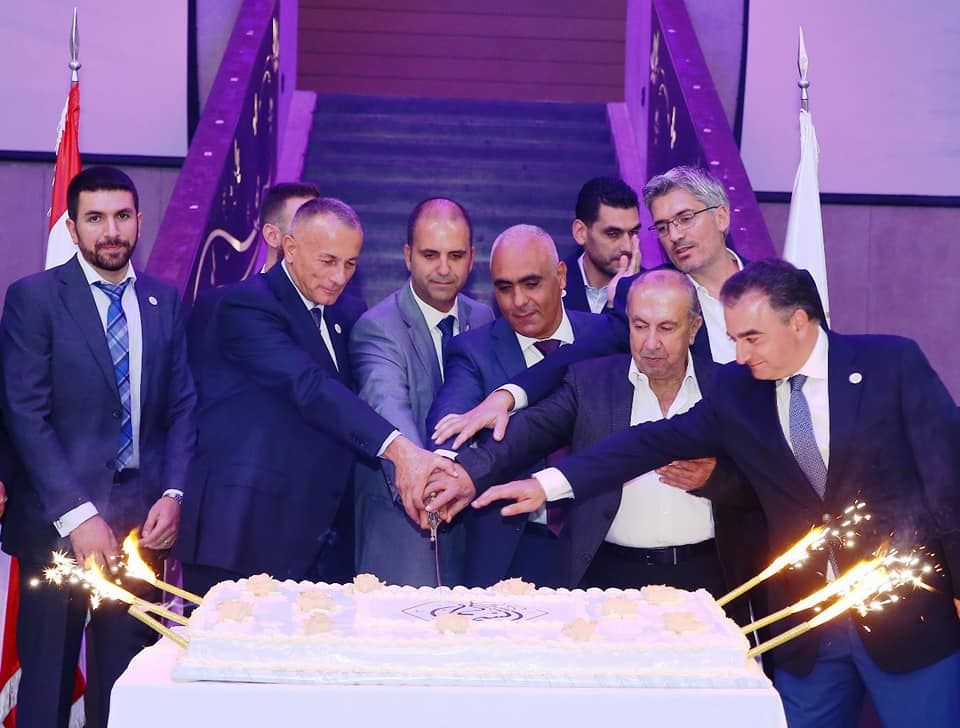

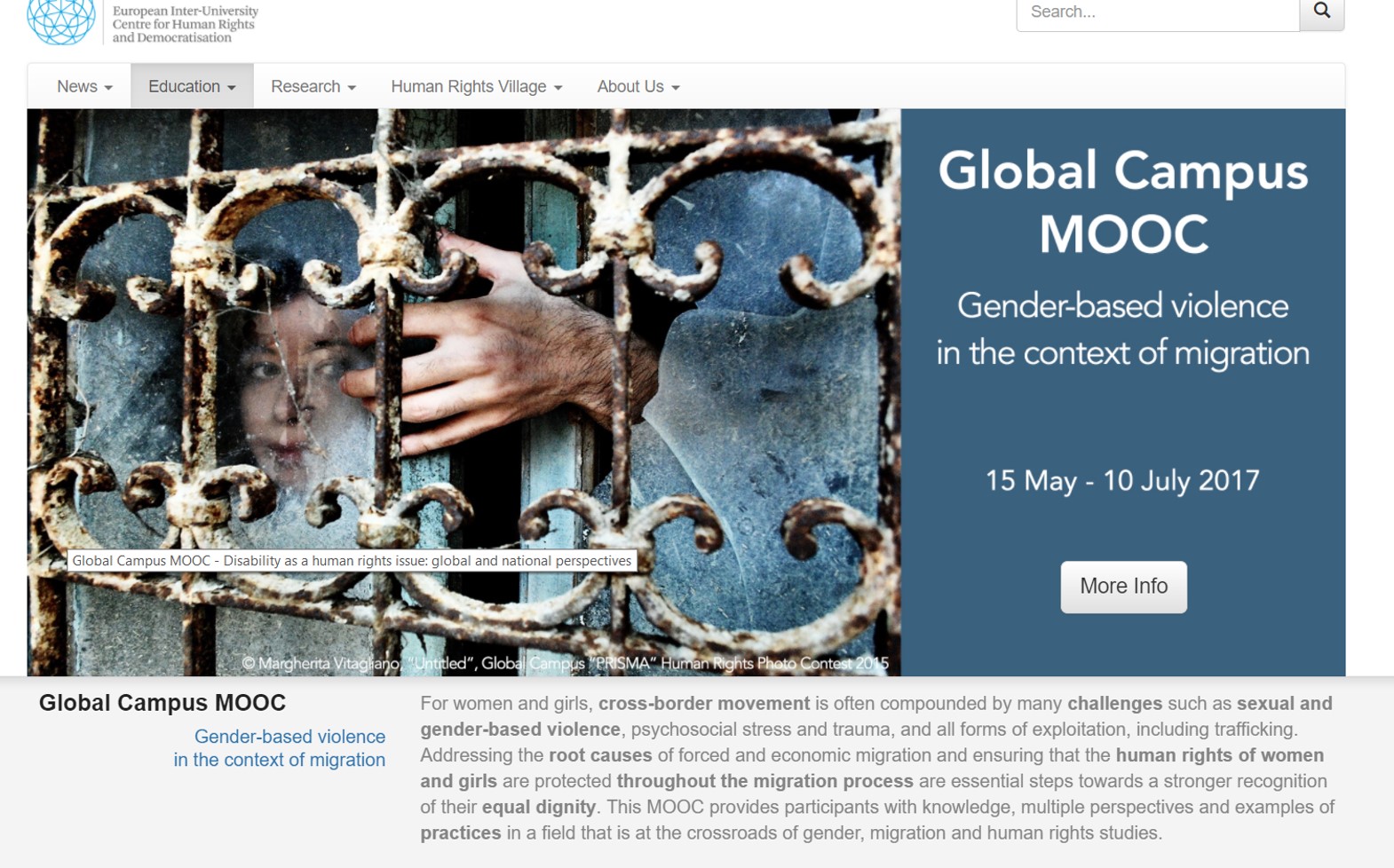

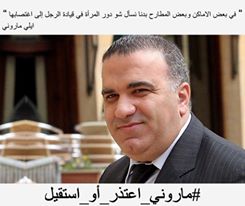
 I’m so glad, a political party in Lebanon has organised an internal election today, to ask the voters from the grassroots partisans to choose their candidates for the parliamentarian election.
I’m so glad, a political party in Lebanon has organised an internal election today, to ask the voters from the grassroots partisans to choose their candidates for the parliamentarian election.







